






Insight
Treatment Focus
This center treats substance use disorders and mental health conditions. You'll receive individualized care catered to your unique situation and diagnosis, learn practical skills for recovery, and make new connections in a restorative environment.
Primary Level of Care
Outpatient treatment offers flexible therapeutic and medical care without the need to stay overnight in a hospital or inpatient facility. Some centers offer intensive outpatient program (IOP), which falls between inpatient care and traditional outpatient service.
Claimed
Recovery.com has connected directly with this treatment provider to validate the information in their profile.
Treatment Focus
This center treats substance use disorders and mental health conditions. You'll receive individualized care catered to your unique situation and diagnosis, learn practical skills for recovery, and make new connections in a restorative environment.
Primary Level of Care
Outpatient treatment offers flexible therapeutic and medical care without the need to stay overnight in a hospital or inpatient facility. Some centers offer intensive outpatient program (IOP), which falls between inpatient care and traditional outpatient service.
Provider's Policy
We work with insurance.
Insight
Insight
About Insight
Insight treatment program specializes in treating teens ages 13-19 years old suffering from mental health conditions such as depression, aniziety, trauma, and ADHD. Insight also treats behavioral issues including self-harm, addictive behaviors, aggression, or isolation. Insight provides support for not only the teen, but the entire family. They offer an intensive outpatient program (IOP). The program provides support for teens while they remain in school and are living at home. The program is in a creative clubhouse environment where teens can play games, feel comfortable, and build positive relationships with peers. Insight uses a multi-modality approach. The overall program empowers teens through personal growth and developing vital life skills. After school, teens will take part in 3-4 hours of intensive therapy. Therapies can include cognitive behavioral therapy (CBT), dialectical behavioral therapy (DBT), acceptance and commitment therapy (ACT), art therapy, gestalt therapy, 12-Step facilitation, meditation and mindfulness, and family counseling. Since the Covid-19 outbreak, Insight has recognized the spike in issues like feelings of isolation and resistance to rules and authority, and they are currently offering free virtual resources and zoom meetings for parents and select private schools. Mental health professionals are available to help, and they offer 2 hour telehealth parent support meetings.
Insight has 5 different locations in the Los Angeles, California area. Each place provides a fun environment for teens. Most buildings are transformed warehouses that have video games, foosball, ping pong tables, and a workout area. Insight is accredited by CARF and accepts most private insurance.

Center Overview
Treatment Focus
This center treats substance use disorders and mental health conditions. You'll receive individualized care catered to your unique situation and diagnosis, learn practical skills for recovery, and make new connections in a restorative environment.
CARF Accredited
CARF stands for the Commission on Accreditation of Rehabilitation Facilities. It's an independent, non-profit organization that provides accreditation services for a variety of healthcare services. To be accredited means that the program meets their standards for quality, effectiveness, and person-centered care.
Insurance Accepted
Cash Pay Rates
Estimated Cash Pay Rate
Center pricing can vary based on program and length of stay. Contact the center for more information. Recovery.com strives for price transparency so you can make an informed decision.
Meet Your Care Team
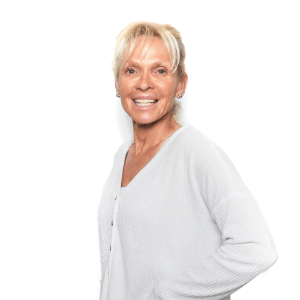
Dr. Daryn Plancher
Executive Clinical Director
MSW, Ph.D PSY
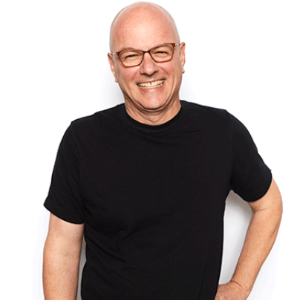
Dr. Jaeggi
Clinical Director
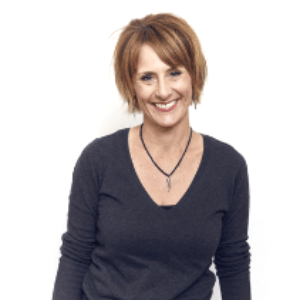
Jennifer Campoy
Primary Therapist
LCSW
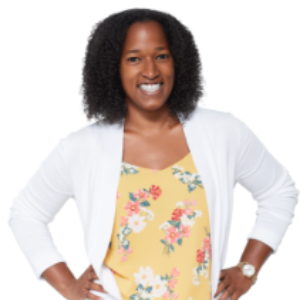
Cecilia Carr
Primary Therapist
ACSW

Terrill Richard
Primary Therapist

LaRonya Farrar
Primary Therapist
PsyD

Alexa Aversano
Primary Therapist
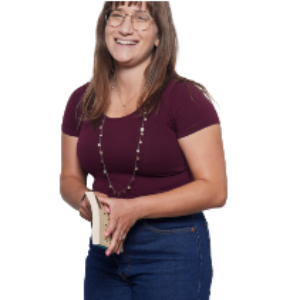
Emily Shefer
Primary Therapist

Melanie Rivas
Primary Therapist

Celina Serna
Primary Therapist
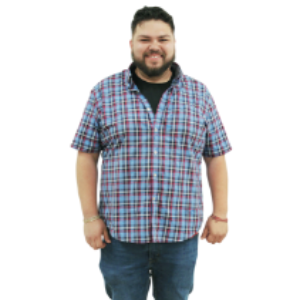
Luis Solorio
Primary Therapist
ACSW

Brittany Berry
Primary Therapist
ASW

Jane Lee
Primary Therapist
AMFT
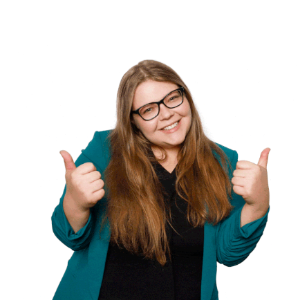
Nessa Esparza
Primary Therapist
AMFT

Angela Meadows
Primary Therapist
ACSW
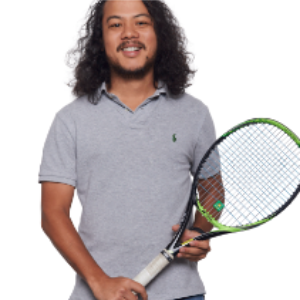
Curtis Thompson
Primary Therapist
AMFT
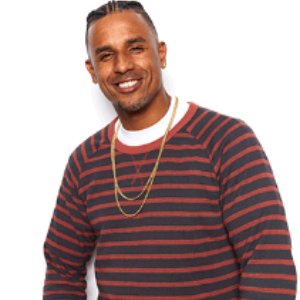
Charles Vavasseur
Counselor
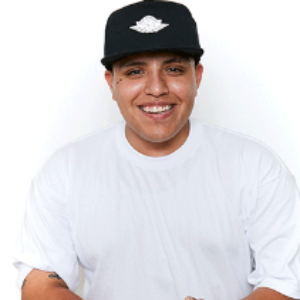
Ivan Lozano
Counselor
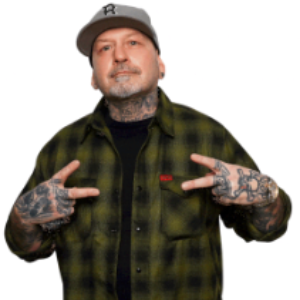
Kory Dion
Counselor
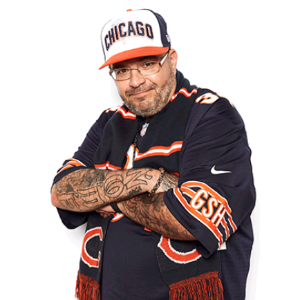
Elton Ferrero
Counselor
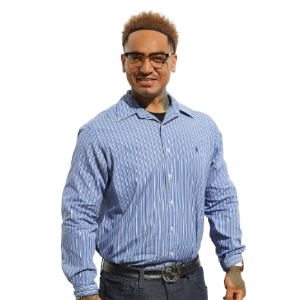
Jermaine Watts
Counselor
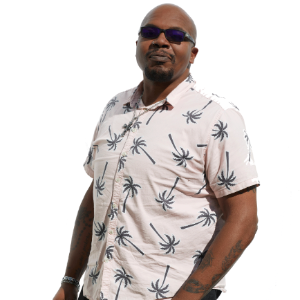
Sedrick Thrower
Counselor
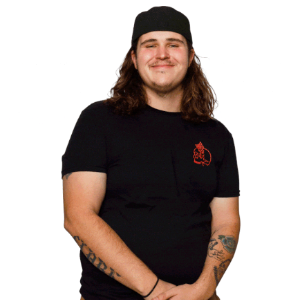
Steven Clark
Counselor
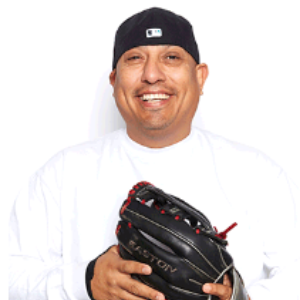
Juan Prado
Day Program Counselor
Levels of Care







Your Care Options
Specializations
Co-Occurring Disorders
A person with multiple mental health diagnoses, such as addiction and depression, has co-occurring disorders also called dual diagnosis.
Adolescents
Teens receive the treatment they need for mental health disorders and addiction, with the added support of educational and vocational services.
Who We Treat
Adolescents
Teens receive the treatment they need for mental health disorders and addiction, with the added support of educational and vocational services.
Approaches
Evidence-Based
A combination of scientifically rooted therapies and treatments make up evidence-based care, defined by their measured and proven results.
Therapies
1-on-1 Counseling
Patient and therapist meet 1-on-1 to work through difficult emotions and behavioral challenges in a personal, private setting.
Family Therapy
Family therapy addresses group dynamics within a family system, with a focus on improving communication and interrupting unhealthy relationship patterns.
Acceptance and Commitment Therapy (ACT)
This cognitive behavioral therapy teaches patients to accept challenging feelings and make the appropriate changes to reach personal goals.
Twelve Step Facilitation
12-Step groups offer a framework for addiction recovery. Members commit to a higher power, recognize their issues, and support each other in the healing process.
Motivational Interviewing and Enhancement Therapy (MET)
This approach is based on idea that motivation to change comes from within. Providers use a conversational framework that may help you commit to recovery.
Art Therapy
Visual art invites patients to examine the emotions within their work, focusing on the process of creativity and its gentle therapeutic power.
Meditation & Mindfulness
A practiced state of mind that brings patients to the present. It allows them to become fully aware of themselves, their feelings, and the present moment.
Conditions We Treat
Anxiety
Anxiety is a common mental health condition that can include excessive worry, panic attacks, physical tension, and increased blood pressure.
Depression
Symptoms of depression may include fatigue, a sense of numbness, and loss of interest in activities. This condition can range from mild to severe.
Suicidality
With suicidality, a person fantasizes about suicide, or makes a plan to carry it out. This is a serious mental health symptom.
Bipolar
This mental health condition is characterized by extreme mood swings between depression, mania, and remission.
Trauma
Some traumatic events are so disturbing that they cause long-term mental health problems. Those ongoing issues can also be referred to as "trauma."
ADHD, ADD
ADHD is a common mental health condition caused by dopamine imbalance. Common symptoms include inattention, hyperactivitiy, and impulsivity.
Substances We Treat
Cocaine
Cocaine is a stimulant with euphoric effects. Agitation, muscle ticks, psychosis, and heart issues are common symptoms of cocaine abuse.
Prescription Drugs
It's possible to abuse any drug, even prescribed ones. If you crave a medication, or regularly take it more than directed, you may have an addiction.
Benzodiazepines
Benzodiazepines are prescribed to treat anxiety and sleep issues. They are highly habit forming, and their abuse can cause mood changes and poor judgement.
Co-Occurring Disorders
A person with multiple mental health diagnoses, such as addiction and depression, has co-occurring disorders also called dual diagnosis.
Drug Addiction
Drug addiction is the excessive and repetitive use of substances, despite harmful consequences to a person's life, health, and relationships.
Heroin
Heroin is a highly addictive and illegal opioid. It can cause insomnia, collapsed veins, heart issues, and additional mental health issues.
Synthetic Drugs
Synthetic drugs are made in a lab, unlike plant-based drugs like mushrooms. Most synthetic drugs are either stimulants or synthetic cannabinoids.
Methamphetamine
Methamphetamine, or meth, increases energy, agitation, and paranoia. Long-term use can result in severe physical and mental health issues.
Languages
Aftercare
Care Designed for Your Needs
Personal Amenities
Amenities
Special Considerations
Flexible technology policies
Centers with flexible technology policies allow professionals to stay in touch with work and give patients a greater sense of connection and normalcy.





